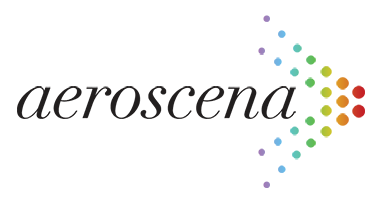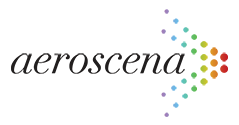
Effect of Inhaled Lavender and Sleep Hygiene on Self-Reported Sleep Issues: A Randomized Controlled Trial.
J Altern Complement Med.
2015 Jul;21(7):430-8. doi: 10.1089/acm.2014.0327. Epub 2015 Jun 2.
Author information: Lillehei AS1, Halcón LL1, Savik K1, Reis R1. 1School of Nursing, University of Minnesota , Minneapolis, MN.
OBJECTIVES: To compare the effectiveness of lavender (Lavandula angustifolia) and sleep hygiene versus sleep hygiene alone on sleep quantity and sleep quality and to determine sustained effect at two-week follow-up.
DESIGN: A randomized controlled trial with investigator blinding and steps taken to blind the participants.
SETTING: Participants' usual sleep setting.
SUBJECTS: Seventy-nine college students with self-reported sleep issues.
INTERVENTIONS: The intervention took place over five nights with baseline, post intervention, and two-week follow-up assessments. Both groups practiced good sleep hygiene and wore an inhalation patch on their chest at night. One group wore a patch with 55 μl of lavender essential oil and the other group wore a blank patch.
OUTCOME MEASURES: Sleep quantity was measured using a Fitbit(®) tracker and a sleep diary, and sleep quality was measured using the Pittsburgh Sleep Quality Index (PSQI) and the NIH Patient-Reported Outcomes Measurement Information System (PROMIS) sleep disturbance short form.
RESULTS: The lavender and sleep hygiene group demonstrated better sleep quality at post intervention and two-week follow-up (PSQI p=0 .01, <0.001 and PROMIS p=0.04, 0.007, respectively). The sleep-hygiene-only group also demonstrated better sleep quality but to a lesser extent (PSQI p=0.02, 0.06 and PROMIS p=0.03, 0.03, respectively). Additionally, a clinical effect was found for the lavender group at post intervention, along with a significant finding for waking feeling refreshed (p=0.01). Sleep quantity did not differ between groups.
CONCLUSIONS: Lavender and sleep hygiene together, and sleep hygiene alone to a lesser degree, improved sleep quality for college students with self-reported sleep issues, with an effect remaining at follow-up.

